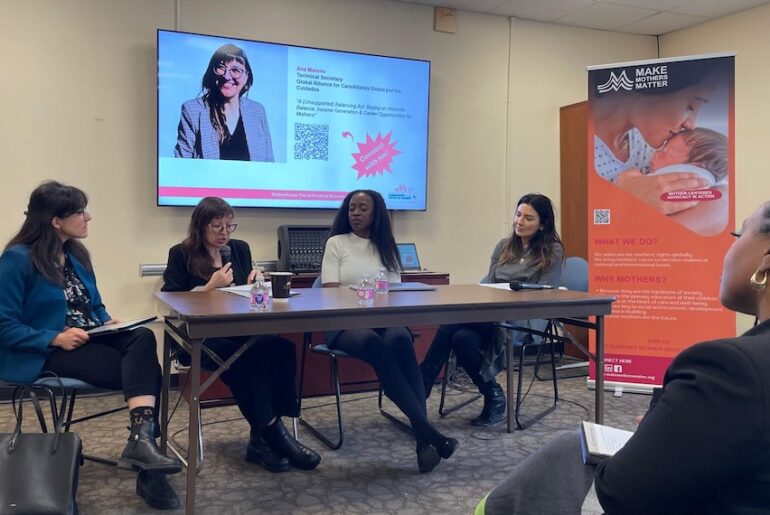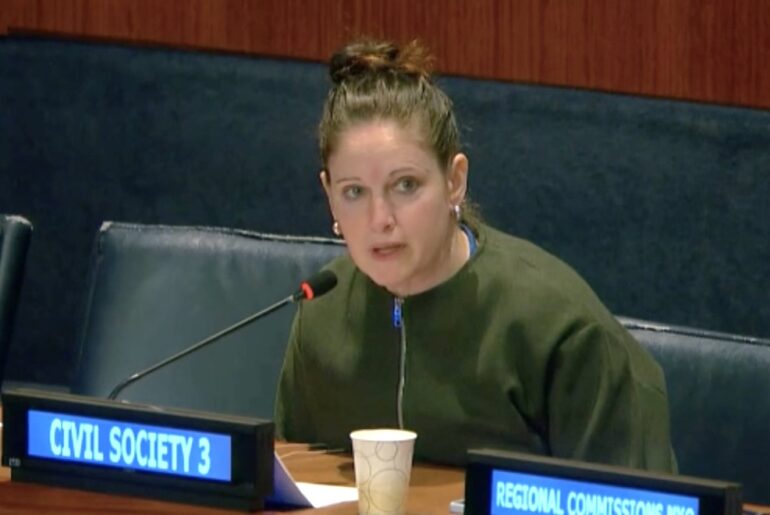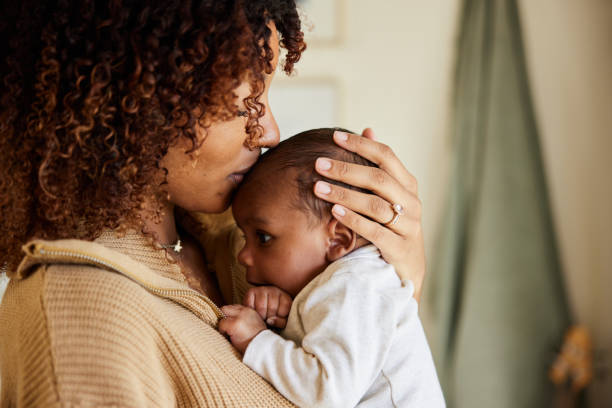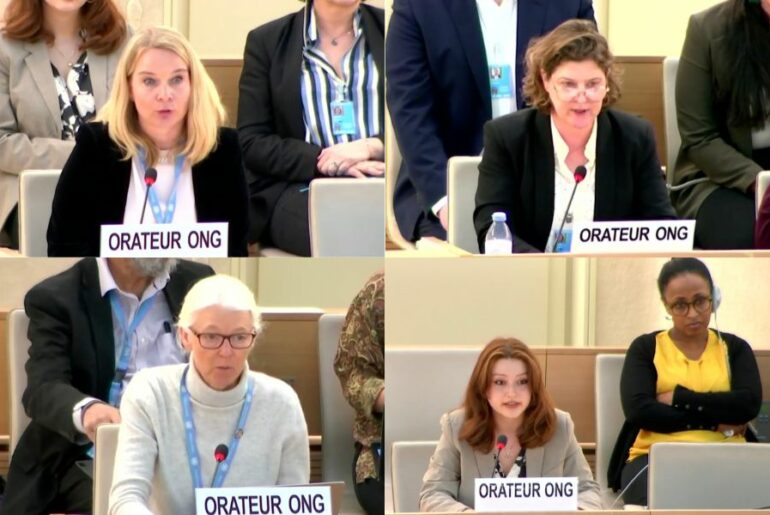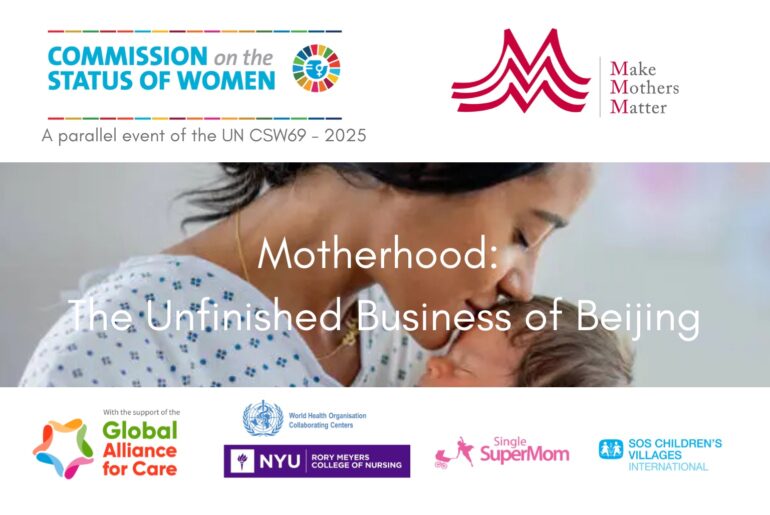The world’s richest economies have a problem, and the good news is: womenomics can fix it
06.03.19
UN Geneva, Human Rights Council - This is in essence, the message of MMM in its oral Statement on Women's Right to Work.
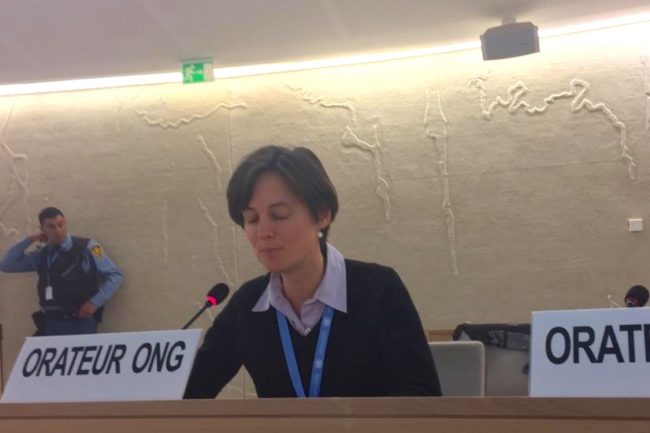
Many of the world’s most advanced economies are now facing a dire situation: declining fertility rates and lumpish economic growth. Japan and South Korea, which are ranked among the worst OECD countries in terms of working conditions for women, are facing a demographic crisis. But they are finally reacting in ways that would have been unimaginable just a few years ago: South Korea’s President Moon Jae-In now calls himself « a feminist President » and the Japanese Prime Minister, Shinzo Abe, is vowing to develop “a society where women can shine”. Wow!
Abe is pushing hard to implement a new weapon of growth: womenomics, a concept coined with Kathy Matsui, the vice chairwoman of Goldman Sachs Japan five years ago. It follows a simple logic: more working women means more growth, as their participation reduces the impact of a shrinking labour force. And Japan is not the only country that could benefit from womenomics: according to the McKinsey Global Institute, China, India and Latin America could boost their GDP by double-digit numbers if the employment of women, hours and productivity is increased. Implementing policies that enable women to have a work-family balance will be key to its success. Well done to women and mothers for coming to the rescue!
MMM Oral Statement on young women’s right to work
The MMM oral Statement relates to the OHCHR Report on the realization of the Right to work for young people, discussed during the 40th Session of the UN Human Rights Council held in Geneva 25 February – 22 March 2019.
Time Poverty and the Motherhood Penalty
Unveiling Economic and Social Injustices
09.07.24
Mothers play an essential role in families by ensuring their loved ones are nourished, educated, and healthy, but their unpaid care work often leads to economic and social injustices, known
Envisioning care as a common thread to global crises
29.07.24
UN New York - Our virtual HLPF side-event brought together experts to shed light on how the various global crises we face (in particular climate change and other environmental crises,
We call for multi-stakeholder approach to recognise and support unpaid care work
21.07.24
UN New York - Participating in the meeting of the UN Economic and Social Council (ECOSOC) on care and support systems, MMM reaffirmed the principle of co-responsibility, which should underpin




